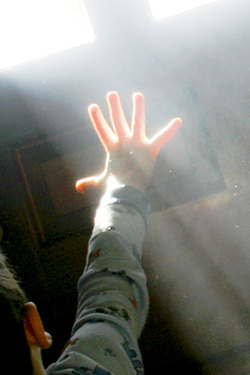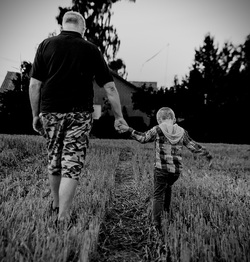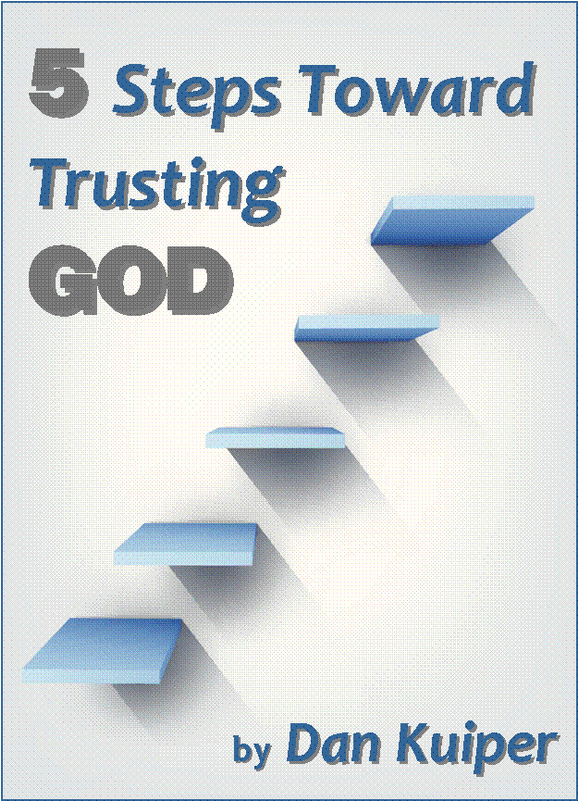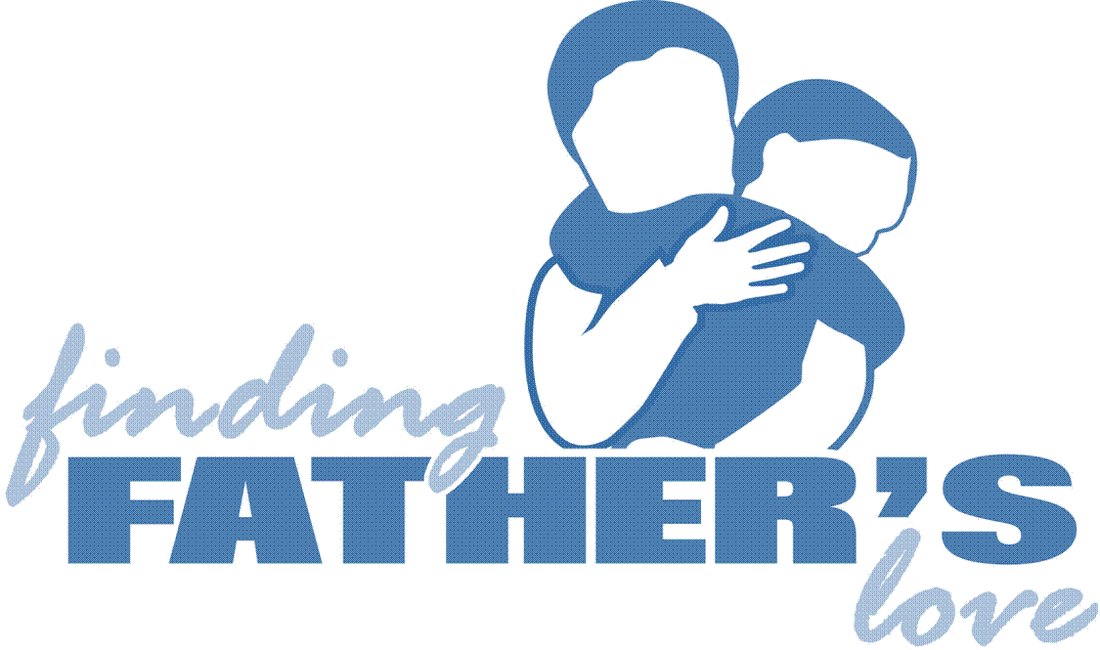
 (an excerpt from When Father is a Bad Word) The significance of a father’s love in the lives of his children is immeasurable. A review of almost 100 studies published between 1949 and 2001 shows that a father’s love is just as important to a child’s development as a mother’s, and sometimes more so. Research has found that the love (or lack thereof) of a father affects a child’s behavior, self-esteem, emotional stability, and mental health. While this is also true of a mother’s love, Ronald P. Rohner, Director of the Center for the Study of Parental Acceptance and Rejection at the University of Connecticut, states that in some cases, “The withdrawal of a father's love seems to play a bigger role in kids' problems with personality and psychological adjustment, delinquency, and substance abuse.” The presence of a father’s love in the lives of their children boosts their sense of well-being and actually improves their emotional and physical health. But facts aside, fathers today, often in an effort to appease their guilt, continue to downplay their role in the lives of their children. They excuse their lack of regular involvement in their kids’ lives by reasoning that it’s not the “quantity” of time they spend with their children that’s important, it’s the “quality” of that time. There is an old Greek term that describes that kind of thinking: loadus of crapicus. Kids need their fathers’ love and nothing shows that love more than spending time with them.  Imagine how different our lives would be if the first time we fell off our bicycle we made the decision to simply never ride a bike again. Clearly, that choice would have all kinds of implications. It's a decision that would damage our sense of self-esteem. It would weaken our confidence in our abilities. It would foster a desire to avoid other activities for fear of getting hurt. It would cultivate a feeling of failure. Even more, it would make us reliant on others to do things we could be doing for ourselves. Choosing not to get up, dust ourselves off, and try again, can have lifelong effects. Yet, when many of us are knocked to the ground by the circumstances of life, we make a similar choice. We decide that since getting knocked on our behinds is painful, it will be easier to simply not get up. We choose to believe that avoidance of potentially hurtful activities is a better option than accepting the challenge of working through our pain and facing our fears. There are times in life's journey when obstacles come out of nowhere; obstacles that are unavoidable. When we hit them, they cause us to lose our balance. We lose control and crash. The more obstacles we hit, the more pain we feel. The more pain we feel, the less likely we are to keep trying. It is when we reach that point of hopelessness that we need to ask ourselves these questions: *Do I want my life to be defined by the times I fell down or the times I got up? *Do I want to be known as someone who was overcome or someone who was an overcomer? *Do I want live under my circumstances or rise above them? The choice is ours. |
Free eBook!Join My Mailing List For Email Marketing you can trust. Sign up above to receive my blog posts via email and get a free copy of my ebook, 5 Steps Toward Trusting God.
Privacy Guarantee: Your email will not be shared with anyone else.
Archives
March 2019
Categories
All
Helpful Sites |



 RSS Feed
RSS Feed